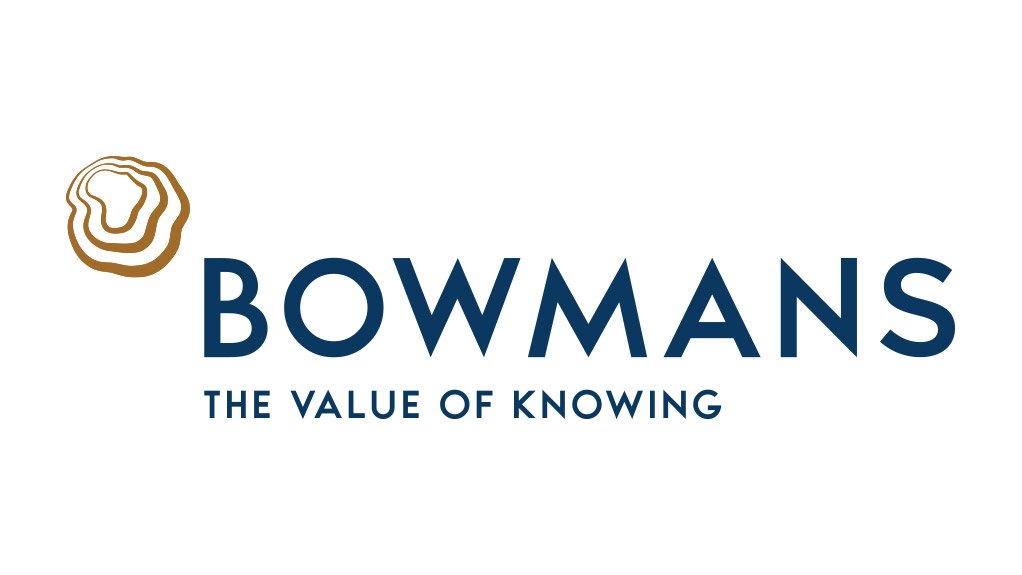- In Coca-Cola Beverages Africa (Pty) Ltd v Competition Commission & Food and Allied Workers Union, the Constitutional Court considered whether retrenchments had been a result of operational requirements or were merger-specific.
- The Constitutional Court held in Coca-Cola’s favour and found that the retrenchments were for operational requirements. The judgment, when read with the Labour Court’s earlier decisions on the fairness of the retrenchments, supports the view that employers are entitled to undertake a restructuring process in which employees are retrenched and rehired and/ or new employees are hired at lower salaries, where they can show that there are legitimate reasons to reduce labour costs to sustain business operations.
In the landmark judgment handed down on 17 April 2024, in Coca-Cola Beverages Africa (Pty) Ltd v Competition Commission & Food and Allied Workers Union, the Constitutional Court considered whether retrenchments had been a result of operational requirements or were merger-specific.
For an overview of the matter and what it means from a competition law perspective, particularly the test for causation, see our newsflash here.
In this newsflash, we take a closer look at the retrenchment process that unfolded and the key takeaways from an employment law perspective.
To recap, Coca-Cola Beverages South Africa (Pty) Ltd, as the subsidiary of Coca-Cola Beverages Africa (Pty) Ltd (Coca-Cola), was established as a result of a conditional merger approved by the Competition Tribunal in May 2016. The merger conditions included that:
- the aggregate employee numbers from the four merged operations should be maintained for three years;
- merger-related retrenchments of bargaining unit employees were prohibited;
- retrenchments outside of the bargaining units were limited to 250 employees; and
- retrenchments for operational requirements as envisaged in section 189 of the Labour Relations Act, 1995 (LRA) were not precluded.
On 21 January 2019, Coca-Cola issued a notice in terms of section 189(3) of the LRA to trade unions, FAWU and NUFBWSAW wherein it contemplated large-scale retrenchments within the logistical and commercial functions, as necessitated by the adverse economic conditions, including the implications of the Health Promotion Levy on Sugar Beverages (sugar tax). Consultations with FAWU and NUFBWSAW were facilitated by the Commission for Conciliation, Mediation and Arbitration (CCMA) in line with section 189A of the LRA, and the retrenchment process was concluded by 31 May 2019.
On 16 April 2019, FAWU lodged a complaint with the Competition Commission (Commission) alleging that Coca-Cola breached the merger conditions. Coca-Cola was then issued a Notice of Apparent Breach (Notice).
The Commission alleged that Coca-Cola was in breach of the merger conditions by, among others, reducing staff costs through retrenching and rehiring at lower wages and eliminating duplicate roles.
On review of the Notice, the Competition Tribunal found that Coca-Cola had established the reasons for the retrenchments to be the need to reduce costs to address the impact of the sugar tax, the adverse macroeconomic circumstances and rising input prices, and that Coca-Cola had substantially complied with the relevant merger conditions.
The Commission appealed to the Competition Appeal Court, which concluded that the retrenchments were merger-specific. It held, among others, that there would be a well-founded expectation of duplication where four entities are merged, which would then give the merged entity an incentive to retrench.
Looking closer at the allegations by the Commission, on appeal the Constitutional Court found that Coca-Cola had established a prima facie case that the retrenchments were due to operational requirements. In particular, Coca-Cola retrenched and then rehired and/ or recruited new employees in the same roles but at lower salaries to mitigate against the poor macroeconomic climate, the sugar tax and the sharp increase in raw material prices.
The Constitutional Court held that the retrenchments simply led to a change in the terms and conditions of employment, with the newly hired employees accepting a lower salary in the existing roles. The Constitutional Court refrained from expressing a view on the fairness of this under the LRA.
The fairness of this retrenchment exercise was, however, the subject of the dispute before the Labour Court in National Union of Food Beverage Wine Spirits and Allied Workers v Coca-Cola Beverages South Africa (Pty) Ltd [2022] ZALCJHB 268 (Labour Court dispute).
In this case, it was alleged that the dismissals were automatically unfair as Coca-Cola sought to compel the employees to accept a substantially reduced wage and other conditions of employment by making them offers of alternative employment. The Labour Court found that the offer was made to avoid dismissals for reasons related to the operational requirements of Coca-Cola, which is a solution within the prerogative of the company faced with financial vicissitudes.
In this instance, the Labour Court confirmed that it is limited to assessing whether a solution falls within the realm of fairness and commercial rationality. The Labour Court further held that what matters is the measures adopted to avoid a dismissal, not the viability or sufficiency of such measures.
Therefore, while the Constitutional Court was silent on the fairness of the retrenchments by Coca-Cola, in the Labour Court dispute, such retrenchments were found to be fair in terms of the LRA.
These judgments accordingly support the view that employers are entitled to undertake a restructuring process in which employees are retrenched and rehired and/ or new employees are hired at lower salaries, where they can show that there are legitimate reasons to reduce labour costs to sustain business operations.
Written by Amandla Makhongwana, Senior Associate and Jerry Kaapu, Partner and Team Leader at Bowmans Law
EMAIL THIS ARTICLE SAVE THIS ARTICLE ARTICLE ENQUIRY
To subscribe email subscriptions@creamermedia.co.za or click here
To advertise email advertising@creamermedia.co.za or click here











